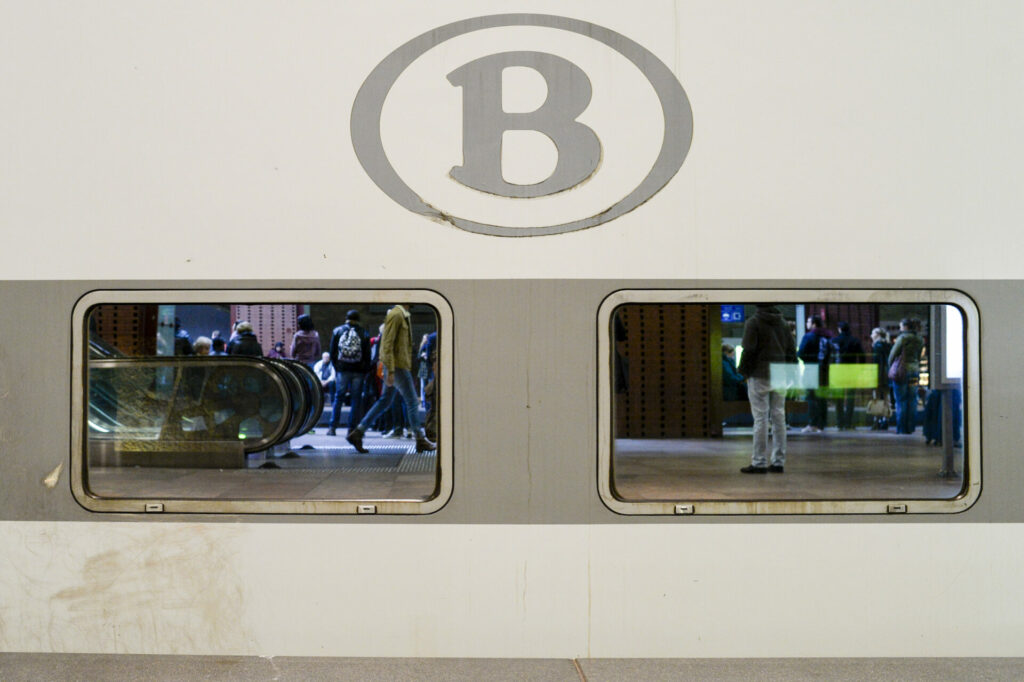During the first of three consecutive days of rail strikes this week, Federal Mobility Minister Georges Gilkinet apologised to train travellers for the inconveniences, stating that the government is doing all it can to solve the problems.
On Tuesday, the three major railway unions are holding strike actions to condemn the lack of investment in the Belgian railway operators SNCB and Infrabel. This will be followed by a 48-hour strike by the train drivers' union on Wednesday and Thursday to call out the heavy workload.
"I regret today's railway strike because it has a direct impact on the image of trains and affects passengers," Gilkinet said on Flemish radio on Tuesday morning. "Together with SNCB and Infrabel, we are working to quickly improve the quality of service. The passengers deserve that."
While he shows understanding for the strikes, he also called them "paradoxical" at this time, when the Federal Government is investing "more than ever" in the railways, even if that does not negate the problems in the short-term. "We are making changes, but it takes time."
Bad choices of the past
Gilkinet acknowledged staff shortages and the late deliveries of new trains, calling them "the price we pay for a past in which bad choices and too few investments were made."
Now, SNCB and Infrabel will recruit 300 employees through a faster selection procedure. "The resources are there: we have €2 billion more for the next ten years and these are laid down in a contract with the state."
In the meantime, the railway companies are waiting for 200 double-decker trains (M7s). "They should have been delivered already, but they are not there yet. As a new minister for two years now, I cannot do much about it: there is a shortage of material at supplier Bombardier due to the war in Ukraine."
Related News
- Half of trains to run on Wednesday and Thursday
- Consecutive railway strikes to disrupt train traffic this week
Starting in January, however, Gilkinet wants to turn the page by offering solutions in the short term as well as the long term. "There is the opportunity to do better: more trains, more punctual trains, more accessibility. That might take a few years."
Before spring 2023, the train services have to be stabilised – meaning that all trains will run, and run punctually. "I have asked SNCB and Infrabel to make an effort. To be clear: deleting lines is not a solution, I want to get more people to take the train and I want to transport more goods. It is the future solution for mobility, for the climate and traffic jams."
Which trains are running?
On Tuesday, only a quarter of trains will run. In practice, these two in five IC trains (between major cities) will be operated, as well as one in four of the suburban L and S-trains. There will be almost no P-trains (extra rush hour trains).
On Wednesday (30 November) and Thursday (1 December), half of all trains will be running, confirmed SNCB spokesperson Dimitri Temmerman. It concerns one in two IC trains, S-trains and L-trains. Once again, the number of P-trains will remain limited.
Via its app and website, SNCB is communicating about which trains are actually running. "The trains that you see in our app are the trains that will actually run. You will see the same trains in the station on the large screens. You can count on those," Temmerman said.

